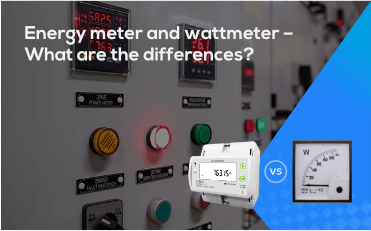
Energy Meter and Wattmeter – What Are the Dfferences?
Abstract: What are the differences between an energy meter
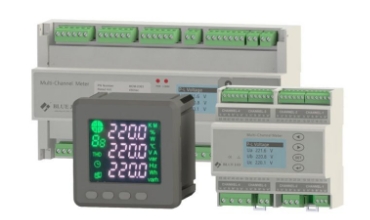
Energy meter plays a pivotal role in our modern world, ensuring the precise measurement of electrical energy consumption. These devices are critical for both residential and industrial settings, helping us monitor and manage our energy usage effectively. In this comprehensive article, we will delve into the world of energy meters, covering their definition, types, working principles, construction, functions, performance improvement, and factors to consider when selecting one.
An energy meter, often referred to as an electricity meter or watt-hour meter, is an essential electrical device used to measure the amount of electrical energy consumed by a building, equipment, or electrical circuit. It provides a crucial means for utilities and consumers to accurately track and bill for electricity usage. Energy meters are indispensable tools for ensuring fair billing and promoting energy conservation.
Energy meters come in various types, each tailored to specific energy meter applications and requirements:
The working principle of an energy meter is based on Faraday’s law of electromagnetic induction. As electrical current flows through a conductor, it generates a magnetic field. Energy meters use this magnetic field to drive a rotating disk or other mechanisms. The rate of rotation is directly proportional to the amount of electricity consumed, allowing the meter to measure energy accurately.
The construction of an energy meter typically comprises the following components:
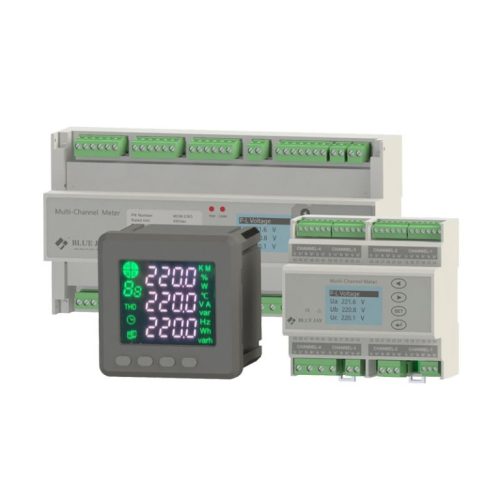
Energy meters serve several critical functions, including:
To enhance the performance of energy meters, consider the following strategies:
Choosing the right energy meter is crucial for accurate measurement and efficient energy management. Here are key factors to consider:
In conclusion, energy meters are indispensable tools for accurately measuring and managing electrical energy consumption. Understanding their types, working principles, construction, functions, performance improvement, and selection criteria empowers consumers and businesses to make informed decisions about energy usage, billing, and conservation. As technology continues to advance, energy meters will play an even more significant role in our efforts to achieve a sustainable energy future.

Abstract: What are the differences between an energy meter
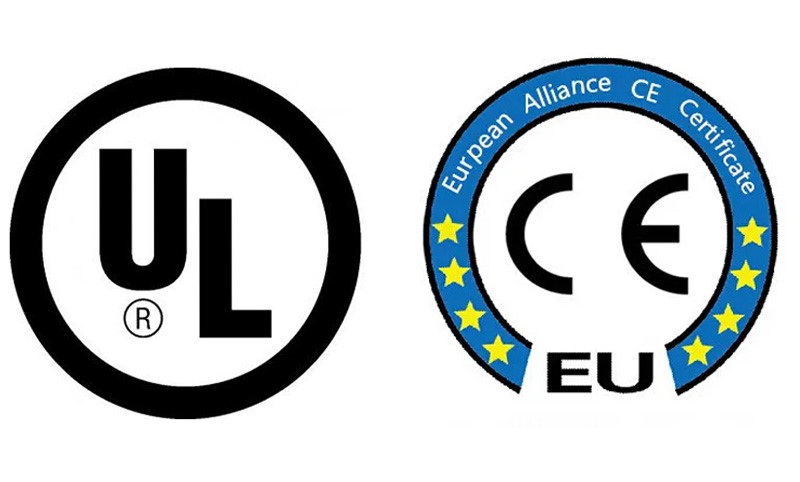
MID Meter is certified MID certification. UL meter is
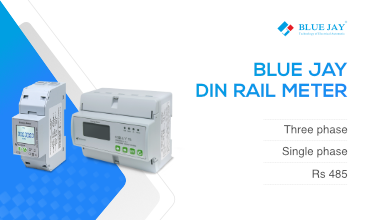
With the advancement of science and technology, the din




